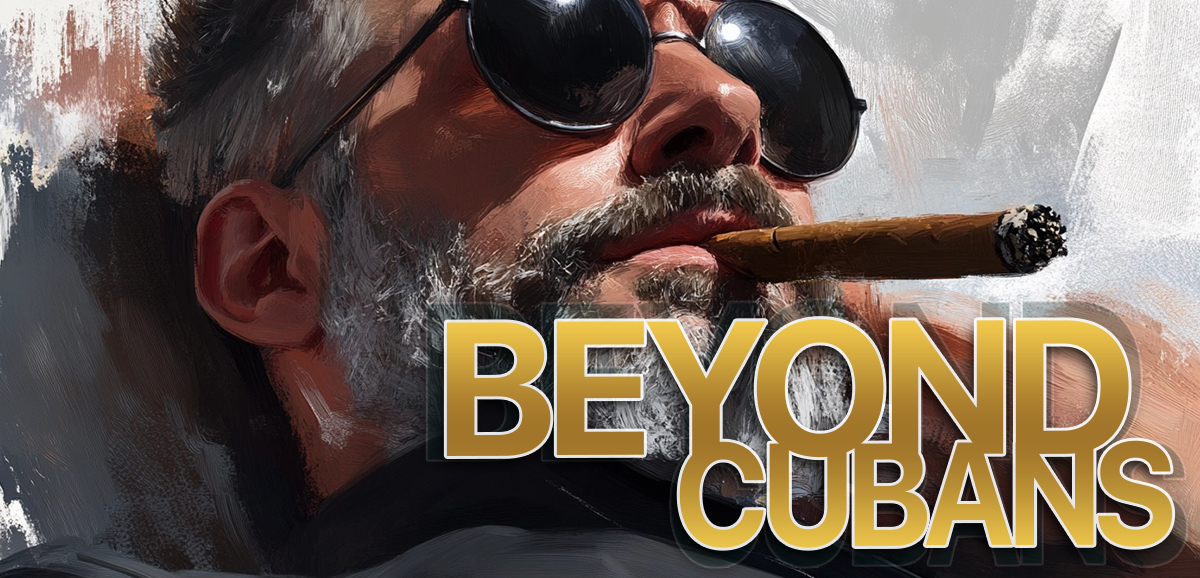
Introduction: The Rise of Unjustified Premiums
For years, Cuban cigars have been seen as the epitome of luxury, embodying heritage and craftsmanship that many aficionados once believed could not be replicated. But today, the cigar landscape has dramatically shifted, leaving many loyal customers disillusioned and, frankly, frustrated. Price hikes of 200-300% on Cuban cigars are now all too common, but unlike price increases that coincide with improvements in quality or innovation, these appear to be driven solely by market control, price gouging, and an unapologetic disregard for the customer. In response, cigar enthusiasts are increasingly turning their attention to premium non-Cuban brands, which offer comparable—and often superior—quality at a fraction of the price. Let’s explore why non-Cuban cigars are fast becoming the smart choice for discerning smokers.
1. Price Gouging in the Name of Tradition?
Traditionally, Cuban cigars commanded a high price due to their limited availability in certain markets, especially in the U.S. due to the embargo. But recent price hikes have far outpaced inflation and show no signs of providing additional value. Habanos S.A., the Cuban cigar monopoly, implemented a global pricing standard in 2022, which aligned prices with those in Hong Kong—one of the world’s most expensive markets. The result? Prices more than doubled in most regions, turning beloved brands like Cohiba and Trinidad into “ultra-luxury” items without a hint of added quality.
For example, Cohiba Behike, which once cost around $100, can now retail for $300 or more. And yet, reports from customers and even some industry insiders suggest no notable increase in quality or consistency—two aspects customers expect when paying a premium. Instead, it feels like a brazen cash grab that has left loyal consumers feeling priced out and undervalued.
2. Supply and Quality Issues Add to the Frustration
Adding to this frustration is the inconsistency in Cuban cigar quality. Natural disasters, including hurricanes, have certainly affected Cuban tobacco crops, but similar weather challenges have also impacted other cigar-producing regions like Nicaragua and the Dominican Republic. Yet, non-Cuban brands have not resorted to the same level of price inflation. Instead, these regions have demonstrated resilience and an ongoing commitment to maintaining quality without gouging their customers.
Furthermore, working conditions in Cuba have led to a brain drain within the industry. Many skilled cigar workers, who were once the backbone of Cuban cigar production, have left the country due to inadequate wages and working conditions. This has raised concerns about sustainability and quality control, leaving many consumers questioning the value of paying premium prices for Cuban cigars that no longer consistently meet high standards.
3. Non-Cuban Cigars: The Smart Alternative for Quality and Value
In contrast, premium non-Cuban cigars from regions like Nicaragua, the Dominican Republic, and Honduras offer excellent value without the inflated prices. These brands not only maintain competitive prices despite similar environmental challenges but also continue to innovate and uphold rigorous quality standards. In fact, many of these non-Cuban cigars now rival and often surpass Cuban cigars in terms of consistency, flavor profile, and craftsmanship.
One such example is Bespoke Private Blend Robusto Clasico from our collection, which features a rich Ecuadorian wrapper and a carefully aged filler blend. This cigar offers a smooth, complex smoke with layers of cedar, spice, and a touch of creaminess—a sophisticated profile that rivals many Cubans but at a much more accessible price point. Where Cuban prices have surged well into the $300 range, a quality New World cigar like the Bespoke Private Blend retails for about $12, delivering value and consistency that Cuban cigars no longer guarantee.
4. Expanding the Horizon: The Beauty of Regional Diversity
For those who have been loyal to Cuban cigars, the move to non-Cuban brands can feel like a departure from tradition. However, it’s a step that opens up a world of regional flavor profiles that Cuba simply doesn’t offer. Nicaraguan cigars, for example, often feature a bold, spicy profile with earthy undertones, while Dominican cigars are known for their smoothness and nuanced flavor progression. This diversity not only offers a fresh perspective but also a reliable alternative that meets—and often exceeds—the expectations of even the most seasoned cigar enthusiasts.
5. The Verdict: Voting with Your Wallet
As Cuban cigar prices continue to climb, more aficionados are making the switch to non-Cuban cigars, voting with their wallets for quality, consistency, and respect. The shift is not just about cost but about an industry that puts the customer first—brands that focus on delivering an outstanding experience without taking advantage of market control. Premium non-Cuban cigars, from collections like our Bespoke Private Blend Robusto Clasico and Merchant Cigars’ Don Palomon Merchant Churchill, demonstrate that high quality does not have to come with an exorbitant price tag.
Conclusion: The End of the Cuban Monopoly on Excellence
For decades, Cuban cigars held an almost mythical status, but today, the industry has evolved, and New World cigars have proven their merit. In a market where Cuban cigar prices continue to rise with no added value to justify them, the real winners are the brands that prioritize craftsmanship, quality, and respect for the consumer. For aficionados who seek excellence without excess, non-Cuban cigars offer a world of opportunity and satisfaction, embodying the values that made cigars a luxury in the first place.





